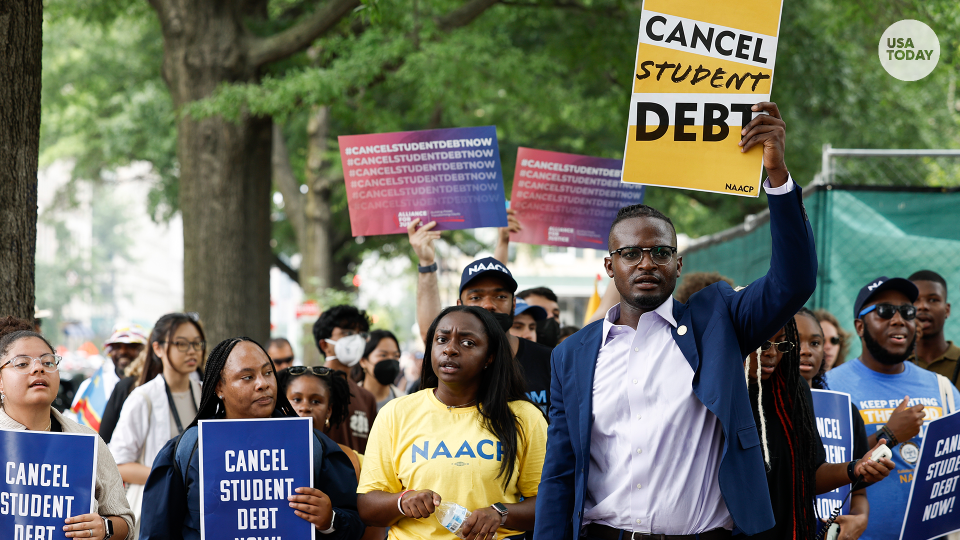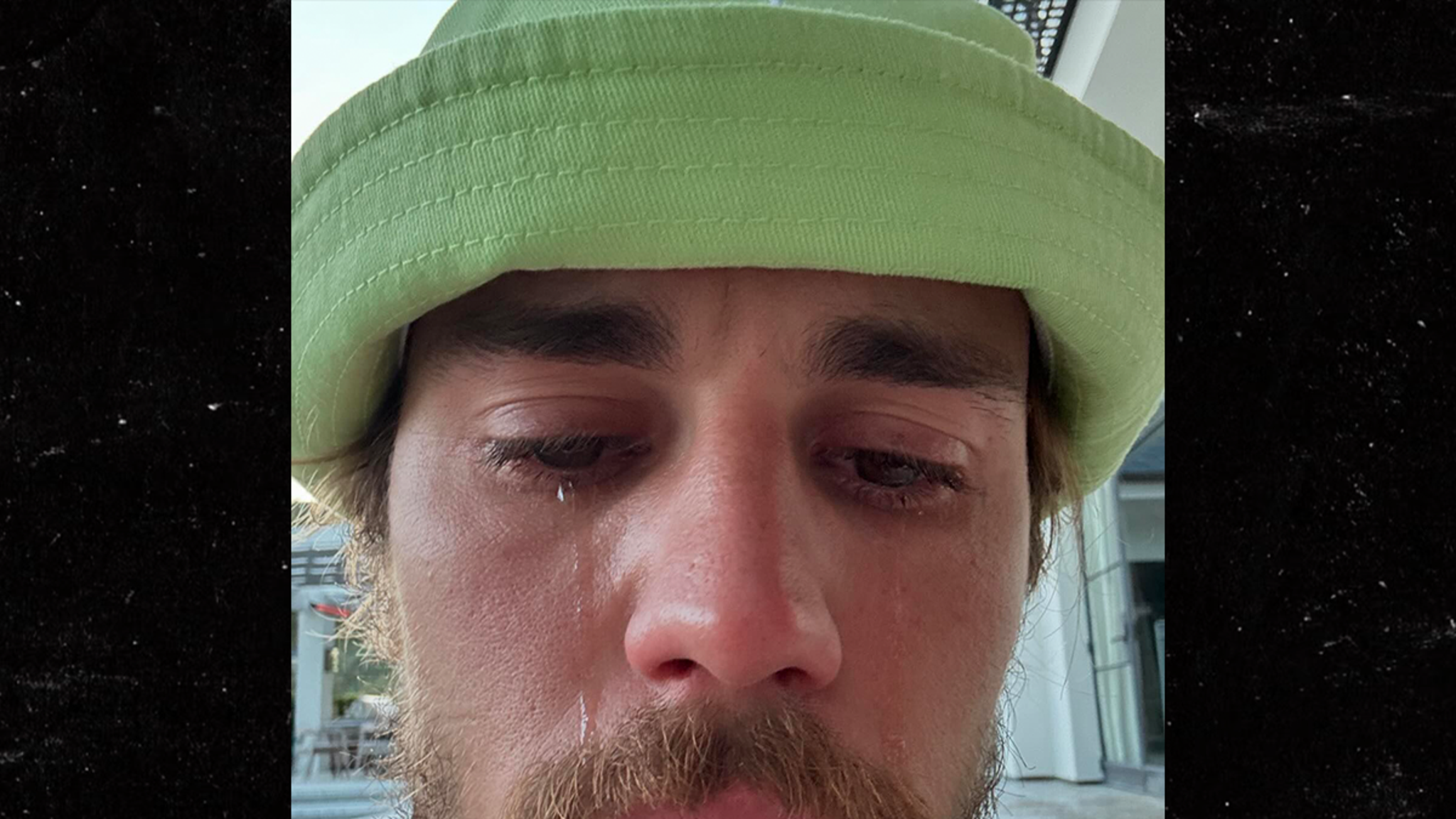When it comes to leaving students with crushing debt they can’t repay, America’s richest colleges and universities are often the worst perpetrators.
Under a new congressional bill, those institutions could face millions in fines if they don’t start giving students a better deal.
The idea – known as “risk-sharing” – is one of a slew of far-reaching provisions included in a massive overhaul of the higher education system that was proposed by House Republicans earlier this month. The College Cost Reduction Act, introduced by Rep. Virginia Foxx, R-N.C., the chairwoman of the House education committee, is the GOP’s suggested template for finally reauthorizing the Higher Education Act, a sweeping 60s-era federal law that governs colleges.
The law is supposed to be reauthorized every five years. But the last time it was renewed was in 2008. It has been in place through temporary extensions ever since. In the interim, the country’s runaway student loan debt problem has reached crisis levels as the average price of college tuition climbed to new heights.
Many ideas in the 224-page GOP bill have already prompted blowback from Democrats and higher education advocates. Republicans, for instance, want to massively slash the amount of money that students can borrow for college. Under the bill, they wouldn’t be able to take out more than $50,000 in total for undergraduate programs or $100,000 for graduate programs.
That cap would be a huge change and it would limit students without grant money to pursuing their studies at a limited number of schools. It would crush many American families, according to Sameer Gadkaree, president of the Institute for College Access & Success.
“This could mean that some borrowers would stay in debt for the rest of their lives,” Gadkaree said in a January statement.
The GOP proposal is a big bill with lots of ideas – some radical, and others that almost everyone agrees on. Because the legislation is so massive, it’s nearly impossible it would move very far in this Congress, which has experienced historic levels of gridlock.
Yet bipartisan sentiment is growing on Capitol Hill to make higher education more affordable – President Joe Biden has made that argument a central component of his attempts at broad student loan relief. Even in their attacks on those efforts, Republicans have leaned on bipartisan criticism of the rising cost of college in America.
“We want there to be quality assurance in the education that students are seeking,” Foxx said in an interview with USA TODAY. “Too much of the focus of the colleges and universities has been on milking the students and parents.”
A House aide not authorized to speak publicly about the legislation told USA TODAY that Democrats vehemently oppose it. Republicans did not consult them when crafting it, the aide said, as they would do with more bipartisan legislation.
Karen McCarthy, the vice president of public policy and federal relations at the National Association of Student Financial Aid Administrators, said colleges are still parsing through the bill. She said her group is waiting to hear feedback from more schools.
“We’re always on the lookout for unintended consequences,” she said. “With any bill of this size, we always have things that we like and areas of concern.”
Which colleges would see the biggest fines?
One radical change proposed in the bill would effectively make colleges, not student loan borrowers, financially responsible for unpaid loans.
According to a summary of the bill, schools would essentially be on the hook for paying their graduates’ loans back if those students didn’t end up earning as much money as the college predicted.

An analysis of the bill from The Foundation for Research on Equal Opportunity, a conservative think tank, estimates that private schools would face hundreds of millions of dollars in fines for leaving students saddled with debt. The University of Southern California, for example, would risk a roughly $170 million annual penalty. The school did not respond on the record to a request for comment on the proposed fine. Neither did the University of Phoenix, which also would face tens of millions in penalties.
Preston Cooper, a higher education researcher at FREOPP, said the biggest losers under the law would be elite nonprofit schools.
“These places are very heavily reliant on the student loan program,” he said. “The end goal of this is not necessarily to reward or punish different institutions, but to change the incentives.”
Democrats oppose idea as higher ed lobby raises concerns over bill
So far, the idea of forcing colleges to pay the government back for unpaid federal student loans doesn’t have bipartisan support. Behind closed doors, Democrats are worried the provision would end up hurting community colleges and minority-serving institutions, the House aide said.
Big players in the higher education lobby have problems with the proposal, too. The American Council on Education hasn’t taken an official stance on the bill or any component of it. But Emmanual Guillory, the group’s senior director of government relations, said he shares Democrats’ concerns that the risk-sharing provision could negatively impact colleges that enroll more students from marginalized communities.
Colleges shouldn’t be financially penalized for pay gaps in the job market, Guillory said, or for labor challenges in other industries.
“Everyone is not starting from the same starting point,” he said. “We can understand the logic, but it just doesn’t work that way.”
Zachary Schermele is a breaking news and education reporter for USA TODAY. You can reach him by email at [email protected]. Follow him on X at @ZachSchermele.
This article originally appeared on USA TODAY: Student loan debt cripples graduates. Should colleges be fined for it?

Evan Massoud is a political analyst with a knack for dissecting policy and governance. He provides readers with informed perspectives on political developments at home and abroad. Evan’s dedication to civic engagement extends to volunteering in local politics.








